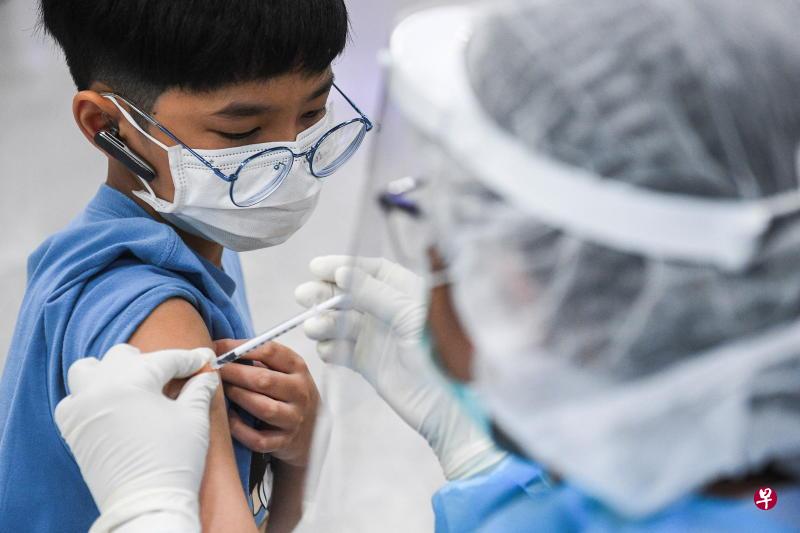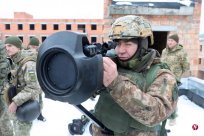
Although the poisonous strain Omikon has caused the biggest global infection since the outbreak of the epidemic, it has also created a new era of epidemic management. Many countries are more determined to coexist with the coronary virus and restart the society and restart the economy.
The symptoms caused by Omikon, coupled with the popularity of vaccination, the mortality rate was kept at a low level.At the same time, although Omikon was in a hurry, he went fast.Many countries around the world include Britain, Finland, Ireland, and Thailand. They have raised epidemic prevention restrictions within a few weeks. These countries have been improved on Bloomberg's latest global COVIDRESILILENKANGINGING.
Strong Economy, the leader in the E Uelil Saudi Arabia
The UAE, which ranked first in November, ranked first again.Continue to open the door of tourism and exclude full blockade. The economy is driven by the rebound of oil prices, and this year is expected to achieve strong growth.
Saudi Arabia also adopts similar strategies. The vaccination rate is high, and the economic growth is strong. This month, it has risen 18 places, ranking second.The most vaccine -receiving persons opened in Finland have the most tourist channels, and they have risen to the third list this month.
Singapore rose 13 names, ranking fifth in the world; Taiwan rose 18 places, ranking eighth; South Korea rose six, ranking ninth.
Bloomberg's monthly rankings have evaluated the 53 largest economies in the world to list the most effective epidemic control in which countries and regions, and the lowest impact on society and economy.The 12 data indicators of the rankings include epidemic prevention and control, medical quality, vaccination rate, overall mortality rate, and the progress of restarting tourism.
Omikon's influence is slightly mild, especially among people who vaccinated vaccines and additional agents, so people's concerns about the most immune shielding ability have eased.In the countries that have experienced the earliest Omikon out of the Czech and South Africa, as the growth of cases slowed down, the mortality rate has not increased significantly, and their rankings have risen this month.
Now, more areas in the world tend to treat Omikon as common and controlled diseases like influenza.
Mainland China and Hong Kong are unique and still adhere to the dynamic clearance policy.In the Bloomberg's December anti -epidemic rankings, Hong Kong fell nineth place, ranking 33rd.After some cases of Omiko appeared in the local area, the authorities implemented some blockade, and the center was full of passengers. Some flights to Hong Kong were suspended.
The diffusion and contagion of Delta and Omirro's strains also appeared in Mainland China in December. The authorities called on the public to minimize travel during the Spring Festival.Nevertheless, the epidemic disturbance of Chinese society and economy is still limited, which has promoted 10th in the anti -epidemic rankings, ranking 18th.
Vaccine vaccination rate is still a key factor in assessing Bloomberg rankings.Many European countries have forced vaccination, and the United States does not have this regulation, so the vaccination rate is low.The U.S. Omikon cases surged this month, the number of deaths rose, and the ranking of the anti -epidemic list fell 11 to 23.
Hurrying behind the Philippines has repeatedly reached the bottom of the Philippines
The Philippines fell to the last place in the Bloomberg resistance rankings again. It ranked at the bottom of three months in the first five months.The vaccination of the people in remote areas in the Philippines is still difficult. The positive rate of local crown disease testing is innovative in the middle of this month, and nearly half of the detectors are infected.
The Philippines has the highest diagnosed case daily, and it is the highest in Southeast Asia. Epidemic prevention measures are tightened again. Commercial activities include bank services and flights to be disturbed. Authorities have to ask those who have not vaccinated vaccines not to go out.
In contrast, neighboring Thailand and Malaysia with about 70%of the vaccination rate have no surge in cases, and they have been promoted to about 20 names in the anti -epidemic rankings, ranking 26th and 27th respectively.



